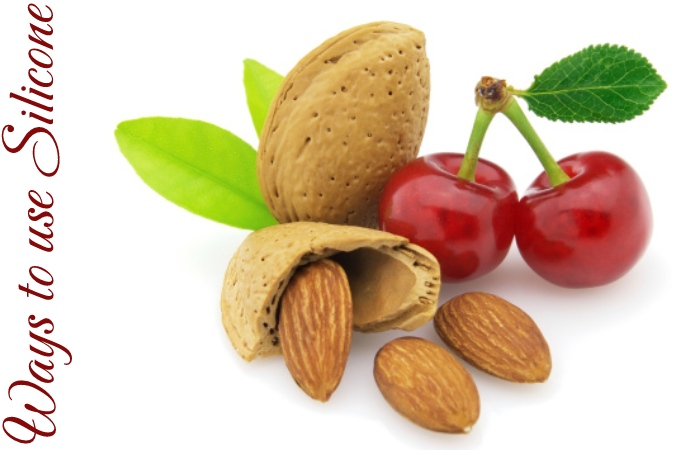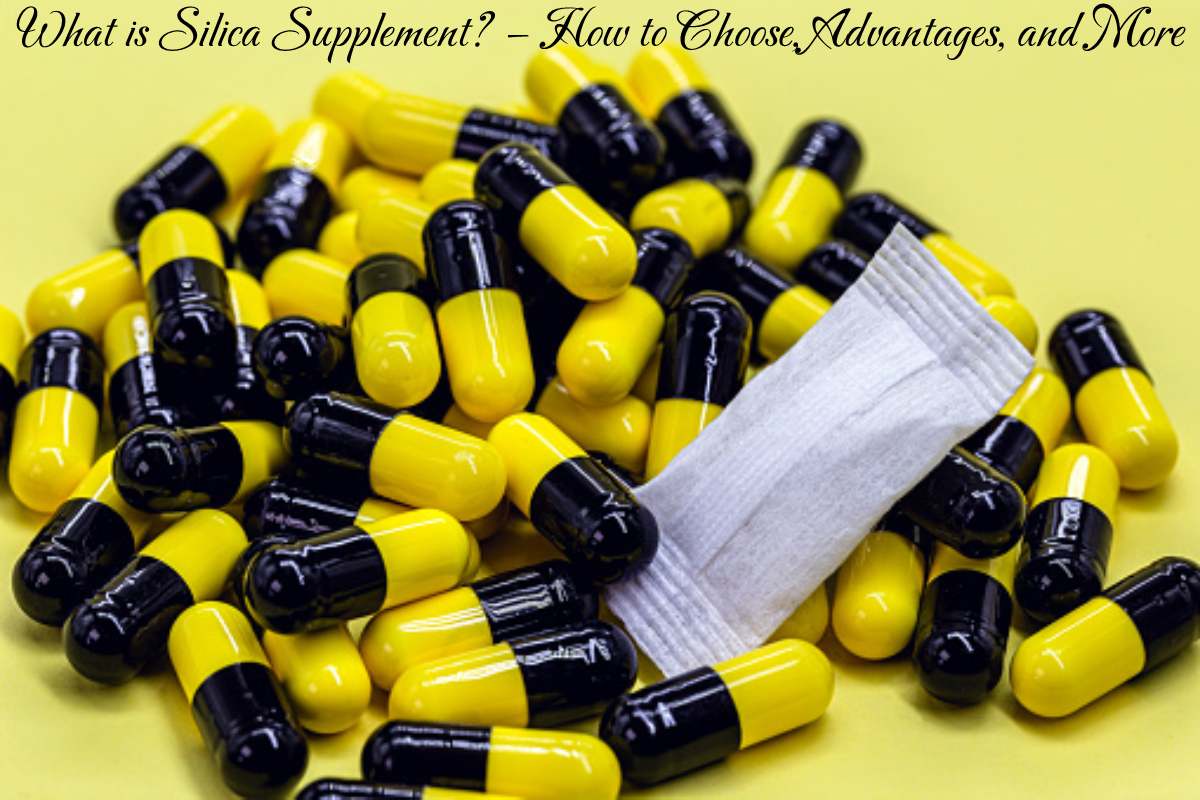Silica Supplement or “silicon dioxide” is an abundant compound of oxygen and silicon molecules found in everything from the sand on your favorite beach to computer screens and even quartz countertops. While its use in the technology and textile industries is well known, many people don’t realize that Silicone benefits human health.
Table of Contents
How to Choose a Silica Supplement?
Silica supplements can come from natural or synthetic sources. If you are looking for a natural bioactive source of Silica, accessories, including those from bamboo and horse chestnut, are two standard options that will provide you with sufficient quantities.
There is no Recommended Daily Allowance (RDA) system for dietary Silicone. Most adults who eat a healthy, plant-rich diet consume approximately half – 14 mcg62 daily.
It is best to follow the recommended dosage of the supplement you choose to take or consult with a doctor.
Advantages of Silicone
While commonly noted for its bone-strengthening benefits (and for a good reason), Silica also offers many health benefits outside of helping our skeletal systems.
Here are Five that you Must Know About Silica Supplement
Bone Booster
Prevalent in bone and joint tissue, Silica is essential in directing calcium into and out of our bones, allowing for proper bone maintenance. Human and animal models have shown that silicone supplementation directly improves the integrity of bone matrices and decreases bone fragility ( 1).
It also supports osteoblast differentiation (maturation), with osteoblasts being the bone cells responsible for laying down new bone tissue in bone metabolism. Additional studies have shown that Silica’s chemical gradient assists in particular binding proteins known as proteoglycans. Which work in synergy to enhance further the non-collagenous tissues found in bone ( 2 ).
Love of Skin and Hair
Intrinsic (internal) aging is inevitable, resulting from the degradation of various proteins in the body that comprise tissues and cells such as those in our veins/arteries, bones/joints, etc. Collagen is one of the many proteins in the body. Important for the tensile strength and stability of connective tissues, including the skin. Silica is essential in collagen synthesis, aiding the production and maintenance of other skin-rich proteins, including elastin. Which provides skin elasticity, and keratin. Which densely populates hair follicles.
Silica also stimulates and binds to glycosaminoglycans (GAG), another specialized protein that can withstand 1,000 times its weight in water. Binding to water molecules, Gag help to promote skin hydration. Human studies using oral and topical silica products demonstrated that with consistent use. Silica groups significantly improved skin mechanics (elasticity, texture, and hydration) and reduced signs of photoaging (3).
Rejuvenator Joint
The very same glycosaminoglycans found to enhance skin hydration also play a role in promoting proper joint lubrication. Since Silica helps stabilize the GAG network in a variety of places throughout the body, including the joints. Researchers have found that combining Silica and glucosamine can significantly reduce inflammation levels in joint tissues. While also promoting proper lubrication between the joints (synovial fluid).
Lessening the likelihood of further degeneration caused by the joints rubbing together. Additionally, supplementation with silica nanoparticles enhances recovery rate and quality in individuals suffering from tendon and ligament injury,4).
Metal Mitigation
Silica’s electrical charge allows it to bind to certain heavy metals that can accumulate in human tissue over time, potentially wreak havoc in various systems. Aluminum is the heaviest metal in the Earth’s crust. And while moderate exposures can tolerate, high levels can accumulate in soft tissues, especially those found in the brain.
Studies have shown that Silica has a binding affinity for aluminum, thereby preventing its absorption from the gastrointestinal tract. High levels of aluminum in the brain have a link to cognitive decline. A survey of the prevalence of cognitive decline showed an inverse relationship between aluminum and Silica in drinking water,5).
Artery Avenger
Outside of simply supporting the structure of our veins and arteries through enhancing collagen synthesis. Silica provides numerous benefits for the heart. The aorta is the primary artery that pumps oxygenated blood from the heart to the systemic circulation. Heavily comprised of connective tissues, including silica-dependent collagen and elastin.
Outside of supporting the structure of the aorta, animal studies have shown that rabbits fed a silica-rich supplement showed a decreased prevalence of damage to the aorta after ingesting a cholesterol-rich diet versus rabbits in the control group (6). By helping to balance the rate of fat oxidation (injury). while also enhancing the thickness of the aorta. Silica can also be a great addition to a heart-healthy diet!
Ways to use Silicone
Silica comes in various supplemental forms, including capsules, tablets, liquids, and powders. One can also obtain small amounts of Silicone through the diet, including sources such as:

- The apples
- almonds
- Cabbage
- carrots
- Cherries
- cucumbers
- Misery
- whole grains
- Other fiber-rich plant foods
Since sufficient stomach acid is needed to convert dietary Silica (orthosilicic acid) into its active form. Food sources provide only a small amount of Silica. Supplementation may be necessary to obtain sufficient amounts.
Many supplements on the market source from horsetail extract, a concentrated source of natural silicon dioxide (orthosilicic acid). Other natural forms can combine with comprehensive skin-supportive blends or bioflavonoids. Which are plant compounds that work alongside Silica in collagen synthesis.
Generally speaking, all forms are interchangeable. The type you choose should base on what you are comfortable taking and what dose you are looking to obtain.
Side Effects and Precautions of Silicone
There are currently no known side effects associated with silica supplementation. There are also no known interactions. Still, pregnant or nursing should avoid use, and consult with their medical doctors. Or try obtaining Silica from the food mentioned earlier.

